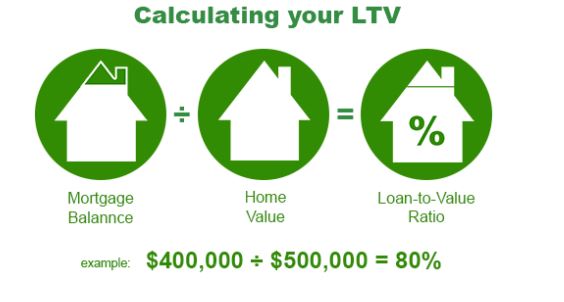Foreword

off-the-plan / established-the-plan
Off-plan / Existing
Existing property, established property is generally easier to understand. Off-the-plan is the collective name of Australian real estate to its side and off-plan, that is, real estate projects with even drawings and plans, but not yet completed.
Auction / Private Sales
Auction / Private Sale
Auction and Private Sales Private Sales are the two most common types of property sales in Australia. The auctioned property will have a fixed auction time. Buyers interested in buying can go to the house before the auction to learn about the property, and then bid on the day of the auction.
The buyer with the highest bid at the auction will get the property and sign the house purchase contract on site. Private sale does not have a fixed sale date. At any time, the buyer can bid to the landlord. If the landlord is satisfied with the buyer’s bid, he can complete the sale contract and complete the sale.
Mortgage Loan
Mortgage
Most Australians or investors need to apply for a loan when buying a property, and local Australian commercial banks and loan brokers can provide this service. The loan interest rate institutions and types vary, but Australian home loans generally can get about 80% of the house price, with a maximum term of 30 years.
Stamp Duty
Stamp duty
There is a stamp duty to pay when buying a house in Australia. This tax is levied by the state and territory governments. Each state has a different amount and is paid by the buyer when buying real estate. The price of buying a property, the time for signing a home purchase contract, and whether the buyer can enjoy the meeting with the Australian government will affect the amount of stamp duty that needs to be paid, generally ranging from AUD 2000 to 3% of the house price.

Glossary of real estate terms A

Appraisal
A report assessing property prices. Evaluation reports are prepared by Australian real estate salespeople and brokers and are usually free of charge. However, unlike Valuation, the evaluation report cannot be used as proof of presentation.
Australian Real Estate Investment Trust (A-REIT)
Its full English name is “Australian Real Estate Investment Trust”, and its official name is Listed Property Trusts. Australian real estate investment trusts are mainly used to buy real estate, and are generally used to purchase commercial real estate, and to manage real estate in the name of investors. Some of the more well-known real estate investment trusts are Westfield Corporation (WFD), Colonial First State Retail Property Group (CFX), and Dexus Property Group (DXS).

C-L

Capital growth
The value of a property increases over time.
Capital Gains Tax (CGT)
Taxes to pay when selling a house. Taxes are based on the difference between the initial purchase price and the sale price, including the cost of buying and selling.
Capital Gains Tax discount
Enjoy a 50% discount on capital gains tax, provided that the owner has owned the property for more than 12 months and has to meet other specific conditions.
Cooling-Off Period
In the Australian real estate market, prospective buyers are usually given the time to consider whether to purchase the property, and the length of time varies depending on the state and region. However, there is no cooling-off period for buying a house at auction.
Depreciation Schedule
A list of investment properties that can be depreciated or reimbursed for tax benefits, such as carpets, hot water systems, and air conditioners.
Equity
The difference between a positive asset and a negative asset, in other words, represents the ratio of the assets belonging to you and the assets belonging to the lender.
Fixed Rate Loan
Loans with a fixed interest rate range from one to fifteen years.
Gearing

A term for borrowing to buy investment property.
Interest-only loan (Interest-Only Loan)
Interest-only loans, the principal does not need to be repaid until the end of the loan period.
Line of Credit Loan
Loans similar to credit cards can be withdrawn when needed and generally require regular minimum interest payments.
Mortgage Insurance (Lender ’s Mortgage Insurance “LMI”)
In the Australian real estate market, when the loan exceeds 80% of the value of the property, the buyer must pay additional costs. If the lender defaults, insurance can protect the buyer.

Non-income proof loan (Low-Doc Loans)
Applicants only need to submit the minimum required documents to apply for a loan. The applicant is usually a self-employed person, and the interest is higher than a loan that generally requires income certification.
Loan-to-Value-Ratio “LVR”
Loan to property value ratio.

